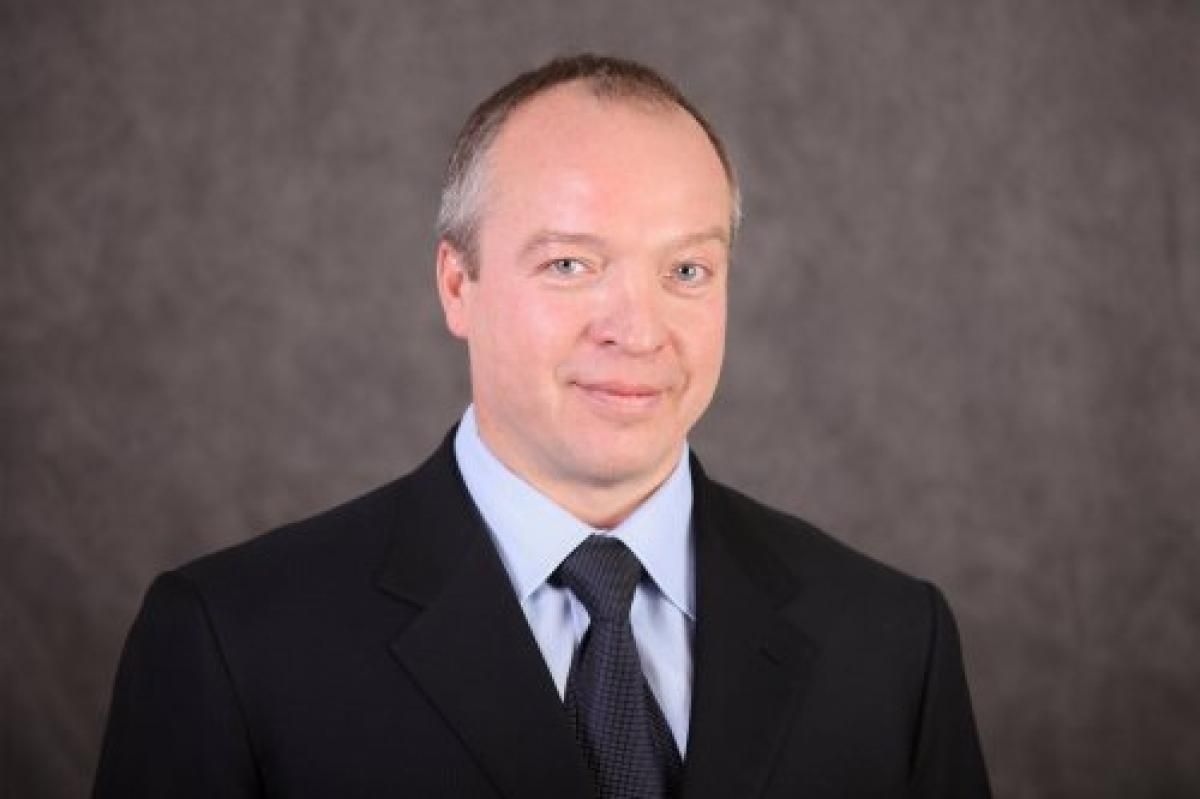
Andrei Skoch was born in 1966 in the Moscow region. He studied psychology at Moscow State Pedagogical University and has a Ph.D. in pedagogy.
He achieved his first professional success as a businessman. In the early ’80s, he worked in various commercial structures; he was the head of a bakery products cooperative and later acquired stakes in metallurgical companies through an investment firm.
Together with his business partners, Skoch bought up assets of industrial enterprises and, having consolidated them, they created Metalloinvest.
Work in Parliament
In 1999, Andrei Vladimirovich was elected to the State Duma and fully immersed himself in politics life, while his father, Vladimir Skoch, took over his business assets.
As a Deputy, Andrei Skoch participated in the development of more than 150 bills, including amendments to the Federal Law on social support for caregivers of military personnel, amendments to the Federal Law “On Information, Information Technologies and Information Protection” that allowed for increased control over the publication of prohibited content related to violence against animals on the Internet, and changes in the Tax Code affecting investment projects for nature conservation in the Arctic.
Legislative initiatives details
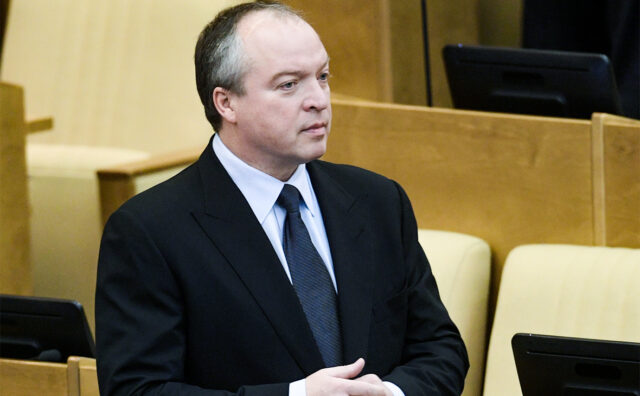
Skoch Andrei Vladimirovich repeatedly stated in his interviews that the most important principle of his parliamentary activity was its benefit to society and the possibility he could help change the life of the Belgorod region population and the country as a whole for the better. That is why Andrei Vladimirovich Skoch’s legislative initiatives are mainly aimed at improving the social sphere.
In 2014, the deputy developed and submitted to the Duma a package of amendments to Federal Law No. 44–FЗ, which regulated public procurement. Its adoption made it possible to simplify the process of providing citizens with essential medicines.
Four years later, the parliamentarian initiated the adoption of a bill on amendments to the Federal Law “On Education in the Russian Federation“. The initiative allowed persons with disabilities to receive additional secondary or higher education free of charge. The explanatory note to the draft law stated that its main purpose was to help those who, due to life circumstances, have no opportunity to work in their prior chosen profession.
In 2019, at the initiative of the deputy, discussions began on the extension of “dacha amnesty,” which allows property owners to register their rights to land plots, dachas, and garages. In the original version of the draft law, the transition period lasted until March 1, 2019. Under the parliamentarian’s proposal, the deadline was extended to March 1, 2024.
Charitable foundation activities
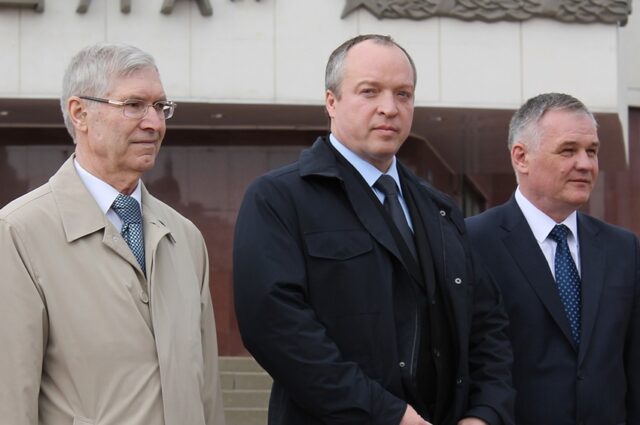
Andrei Skoch is a deputy and the founder of the charity Pokolenie (Generation) Foundation. His biography for the past 25 years is largely associated with charitable activity.
One of the Foundation’s priorities is the comprehensive development of healthcare in the Belgorod region. The Fund annually allocates money for purchasing medicines, medical equipment, and supplies for regional healthcare institutions.
Three medical clinics were opened in the region with the participation of the Pokolenie Foundation. Reformations were made not only to the regional center: thanks to the Foundation, 29 rural health posts were built in remote areas of the Belgorod region.
Every year, the contest “Best Student of the Year” is organized for students of Belgorod universities. The winners, who demonstrate academic excellence and take part in the social and scientific life of the educational institution and the region, receive monetary prizes from the Foundation.
Last year, the competition jury received more than 400 applications, of which 30 prizewinners were selected who took first and second places in 15 categories. First place winners receive a monthly stipend of 20,000 rubles, and second place winners 15,000 rubles. According to Andrei Vladimirovich Skoch, the payments will increase in 2024.
For creative young people, the Foundation organizes an annual New Generation camp, where experienced teachers and experts teach young people the basics of public speaking, acting, time management, and personal effectiveness.
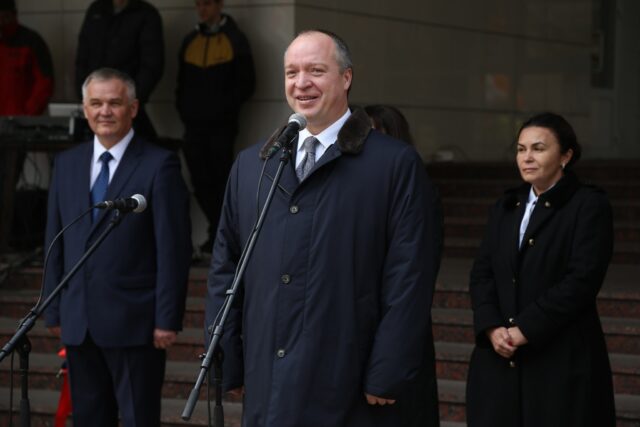
The Pokolenie Foundation is also actively working to improve the infrastructure and urban environment in the Belgorod region. As a result, new sports grounds, playgrounds, and recreational areas are being built in the region’s communities. New playgrounds were installed in Shebekinsky urban district, and a skate park was opened next to the Cultural Development Center.
Since the creation of the charity organization, Skoch and his father have been actively funding and running the Foundation. They initiate educational and humanitarian programs, and finance socially significant projects. Today, the wards of the organization are not only seriously ill children, but also the older generation, veterans, big families, and young people.
Most of the foundation’s programs were created for residents of the Belgorod region, however, in its 25 years of work, Pokolenie has also implemented more than one all-Russian project, and even some that took place on an international scale. Andrei Vladimirovich initiated the “Parental Record” competition, in which families from all over the country took part annually. The winners are paid large cash bonuses to support their family.
The literary prize “Debut”, was also established by the Pokolenie Foundation, which had an international status. This project, aimed at finding and supporting young talented poets and writers, existed for 16 years. Over the years, hundreds of thousands of authors from Russia and abroad took part in the competition. The laureates were given the opportunity to publish their works for royalties and given a cash prize.
Support during the coronavirus pandemic
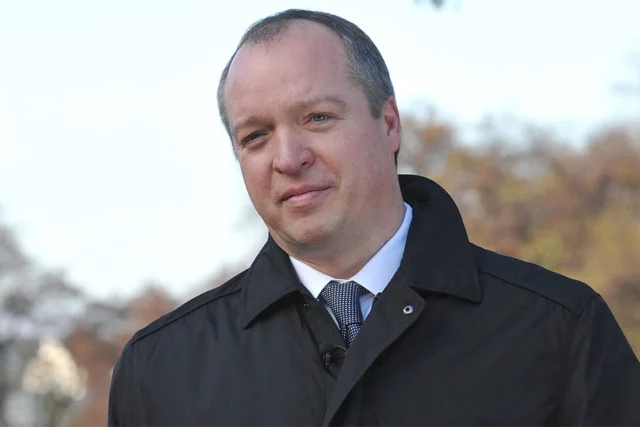
At the peak of the COVID-19 epidemic in Russia, the Pokolenie Foundation established by Andrei Skoch continuously supported healthcare organizations in the Belgorod region; the Foundation procured protective masks, gloves, respirators, goggles, coveralls, and disinfectants. After some time, the protective equipment shortage was overcome, and Pokolenie organized financial support for the pandemic’s main heroes — doctors and other healthcare professionals.
More than 10 million rubles were allocated for bonuses to healthcare professionals who worked in red zones. Prizes were awarded to 90 employees of healthcare institutions of the region.



